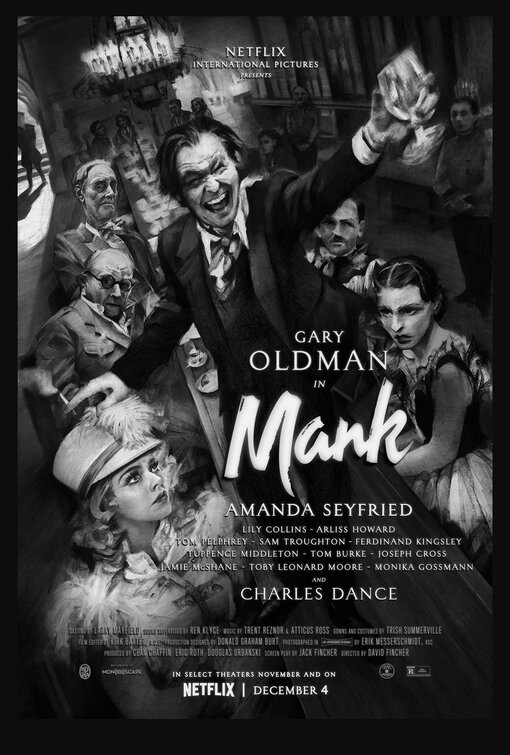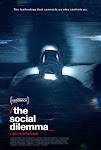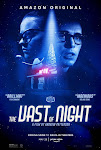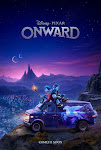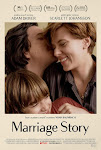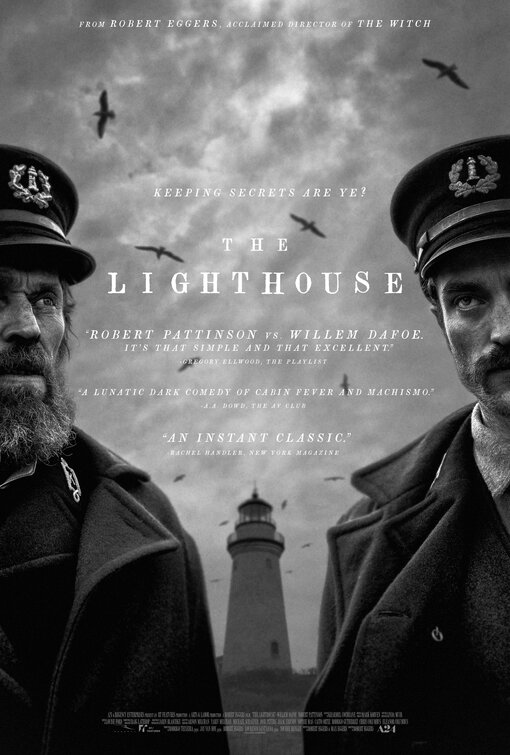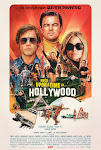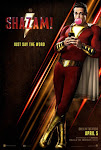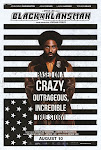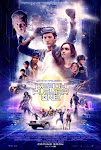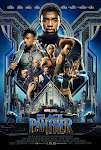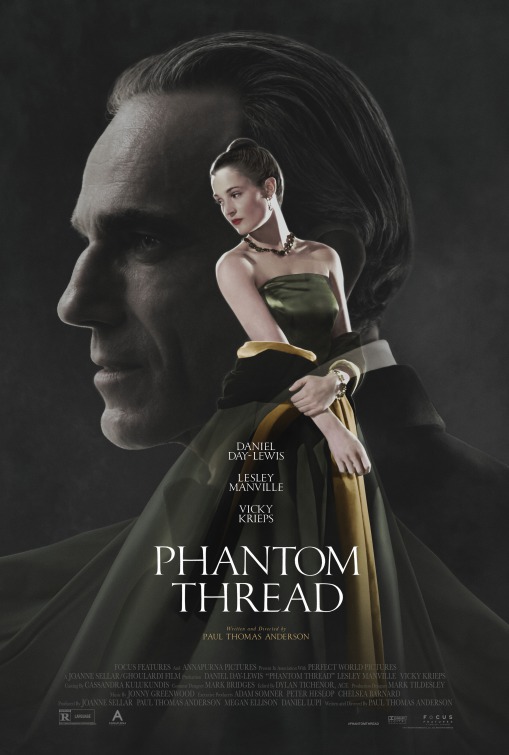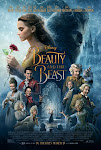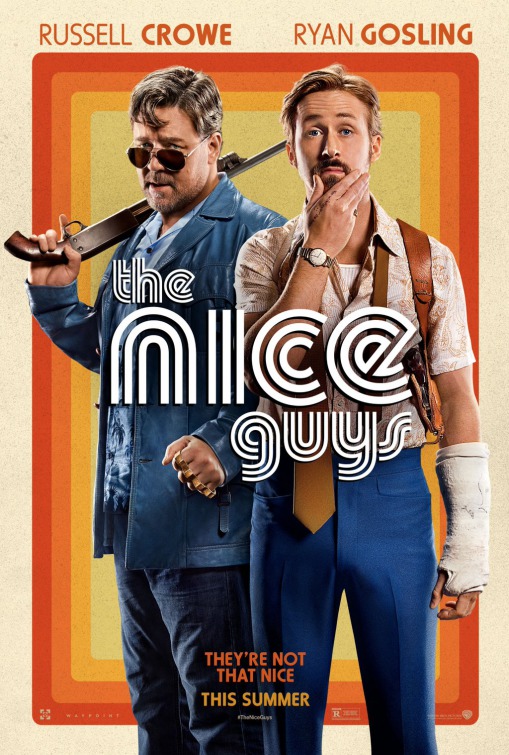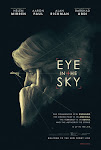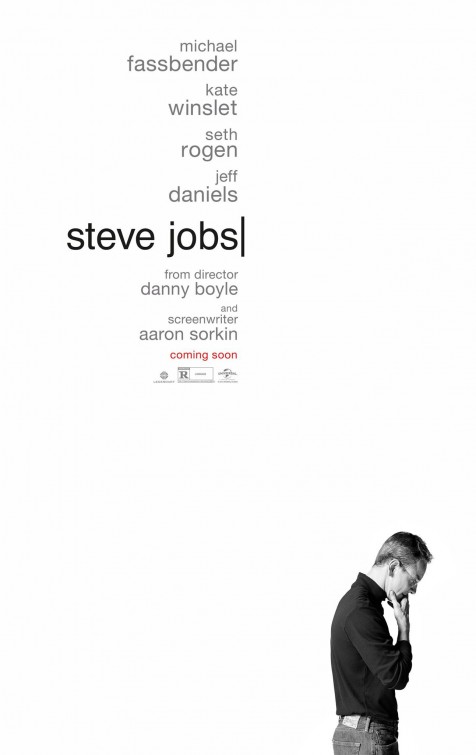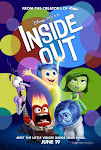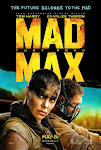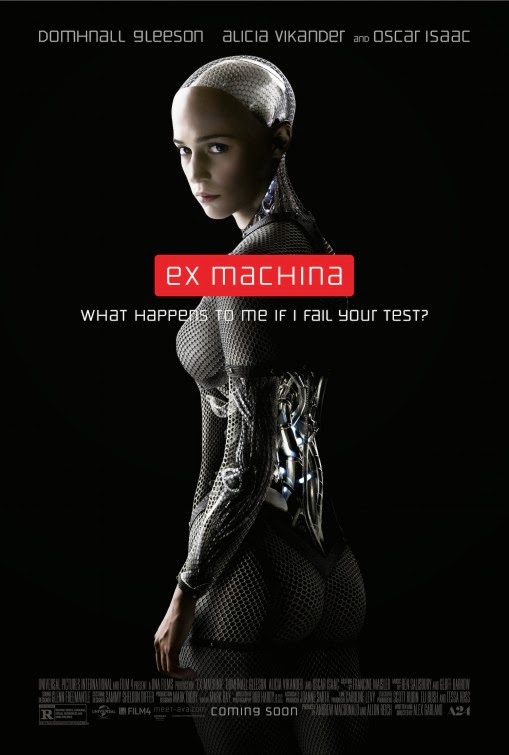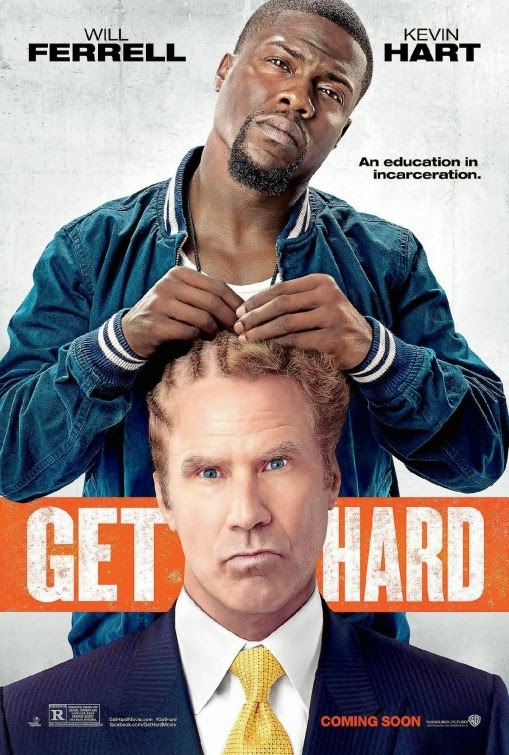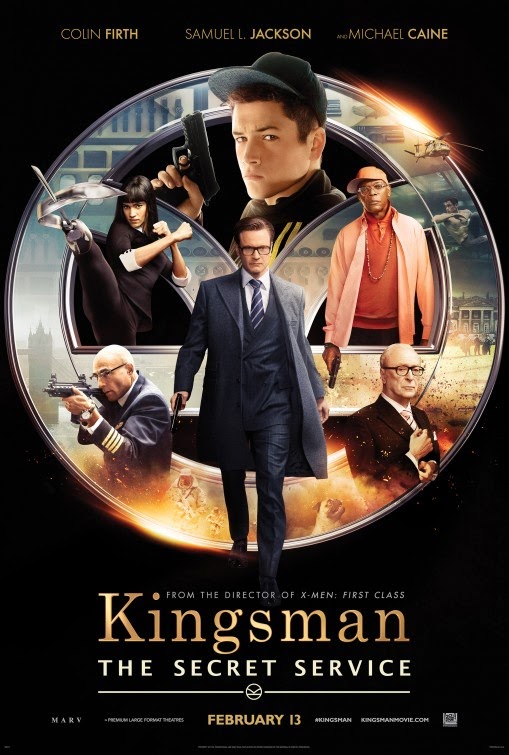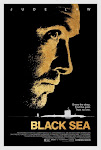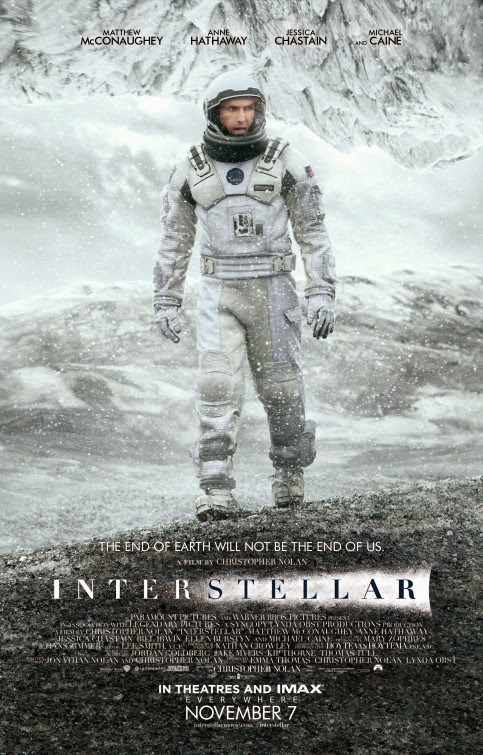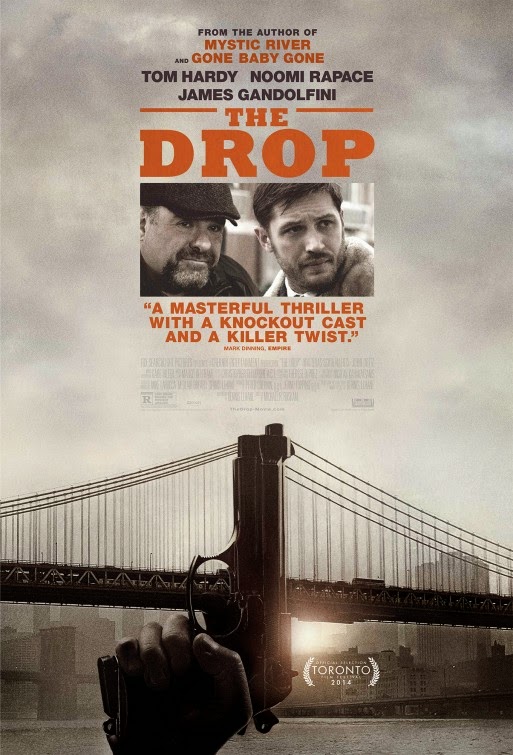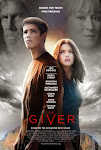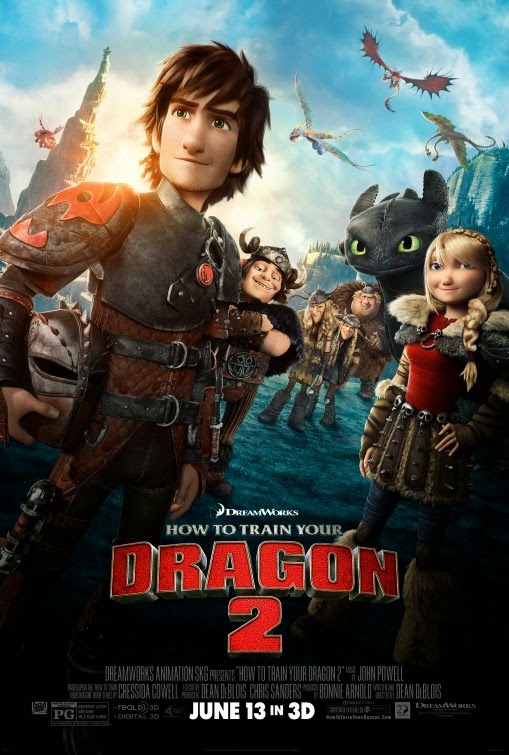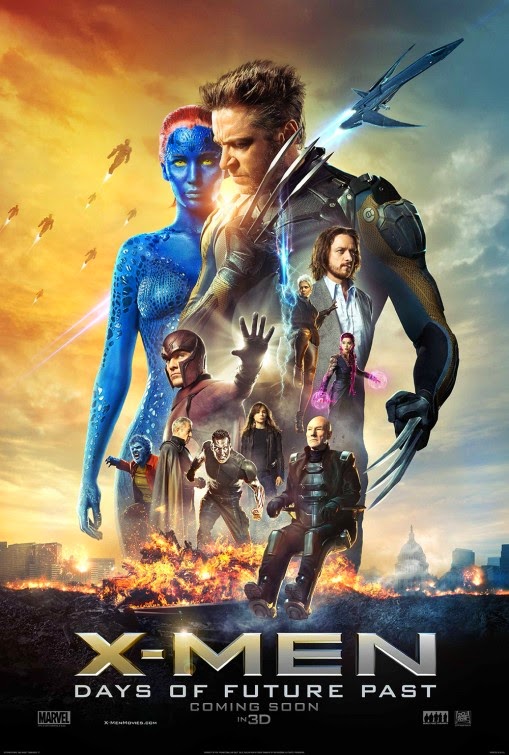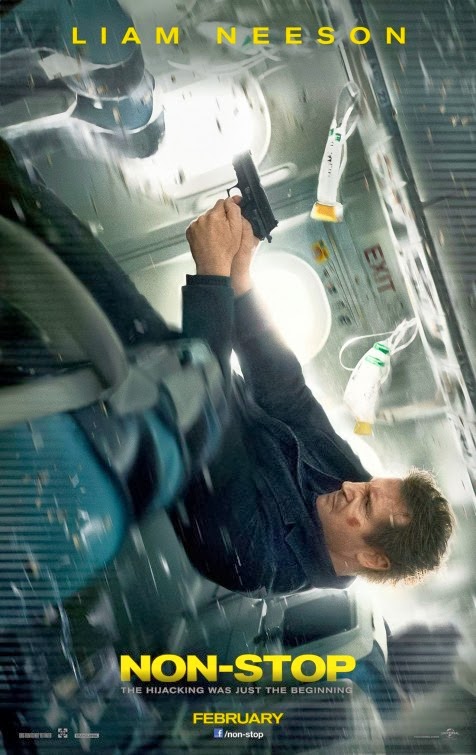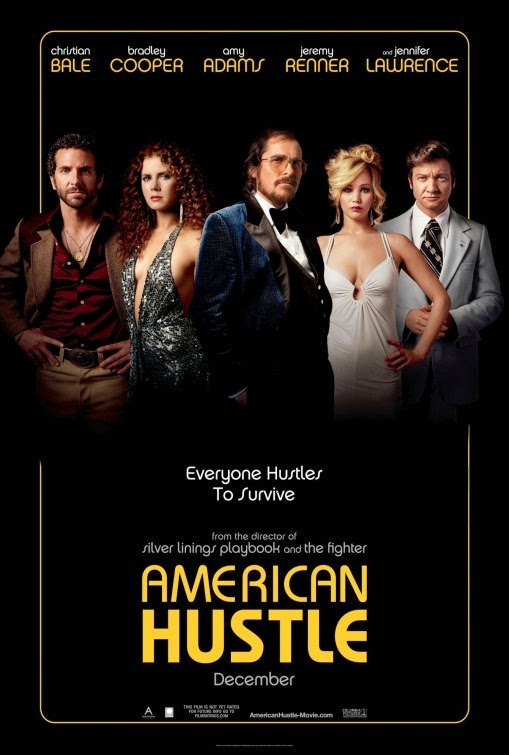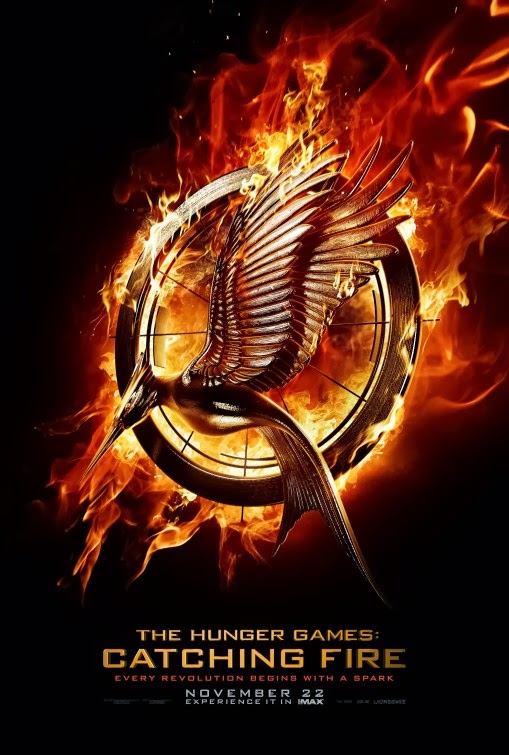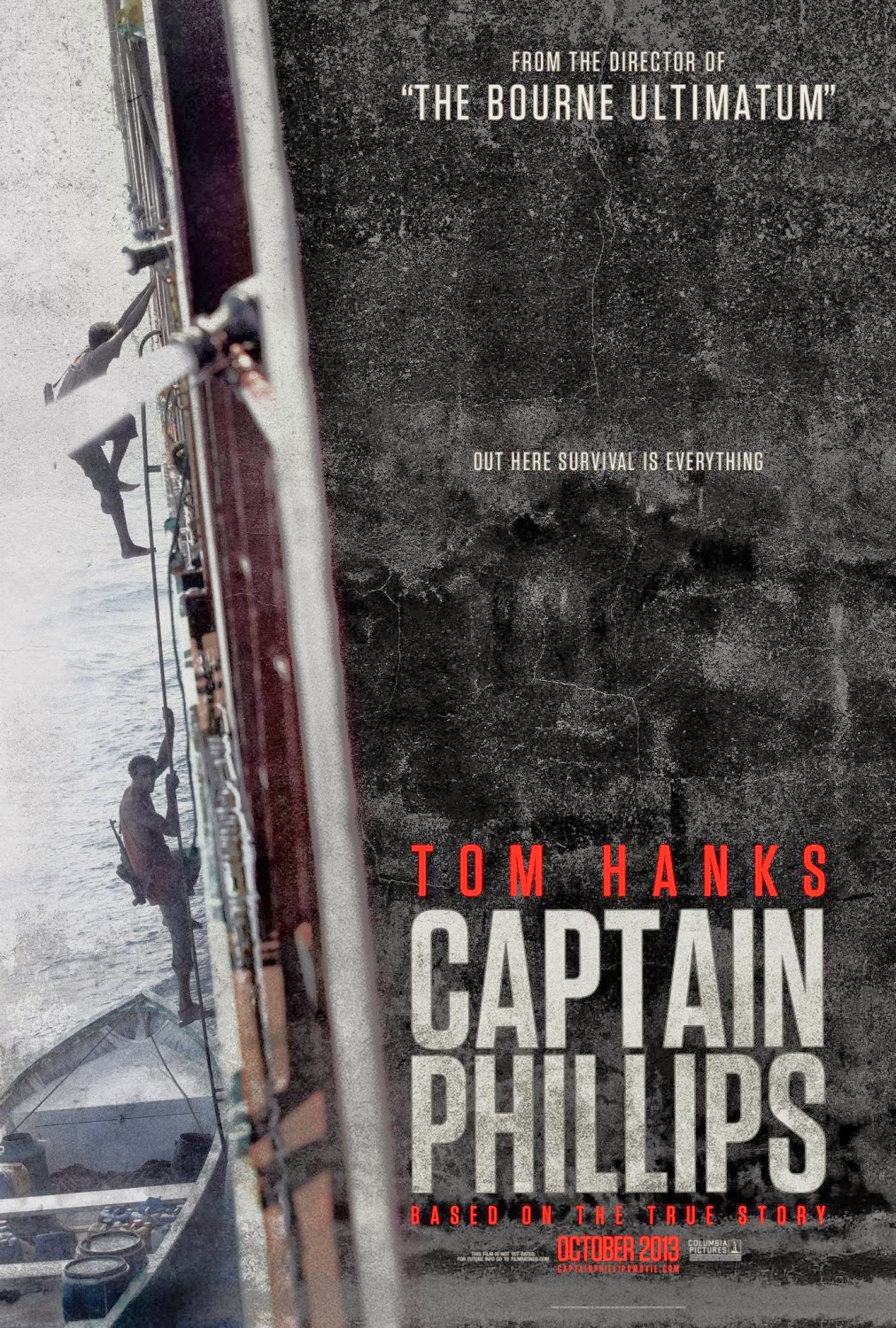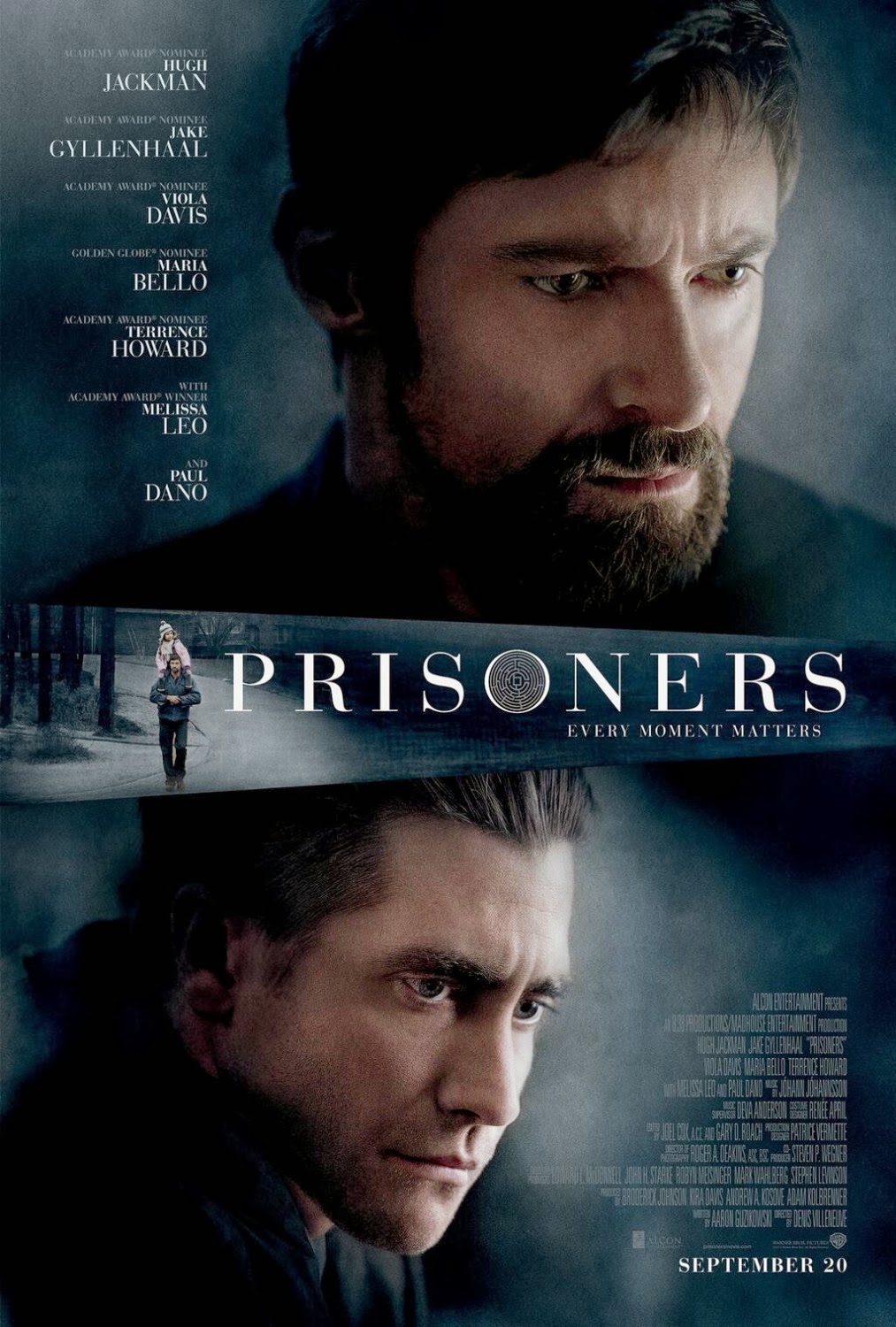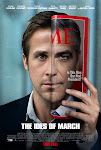By: Matt Duncan
Coastal View News
Joel and Ethan Coen may suffer from what could be called Cinematic Bipolar Disorder—an ability more than an ailment, really, that entails alternatively creating dark dramas and then bizarre comedies. After proving themselves masters of edge-of-your-seat thrills with Oscar-dominating film “No Country for Old Men,” the Coen brothers shifted minds and set out to make a most frustratingly absurd farce named “Burn After Reading”. Few have proven adept at drawing both the laughers and screamers, but gems like “O Brother, Where Art Though” and “The Big Lebowski” illustrate the fact that the Coen brothers possesses what few Oscar-winning directors can claim to possess: a sense of humor. Alas, although the wit and quirk coloring the latest Cohen brothers foray into comedy is bound to stick with an audience predisposed to odd humor, “Burn After Reading” is far from attaining the classic status expected from the Coens.
“Burn After Reading” is a mishmash of eccentric but real characters all hanging on for dear life as their worlds spin out of control. Osborne Cox (John Malkovich) is an ex-CIA analyst looking for respect, and his feisty wife Katie (Tilda Swinton) is not about to give it to him; nor to her love affair Harry Pfarrar (George Clooney), who is an affable womanizer looking for a good time and a great jogging trail. Meanwhile, gym employee Linda Litzke (Frances McDormand) wants a slew of cosmetic surgeries to match her physique with the name of her gym (Hard Bodies). Litzke enlists the help of her ebullient co-worker Chad Feldheimer (Brad Pitt) to help her on her way to greater sex appeal.
After seemingly picking a bunch of characters out of hat, Joel and Ethan Coen set to crafting a comedy of errors. In an attempt to make his life worthwhile, the stuck-up Osborne Cox decides to ignore his pestering wife’s criticisms and write a memoir. Little does he know that his lack of lucrative ambition has caused his wife to prepare for a divorce by laying hands on his financial information, and perhaps accidentally, his memoir. The disk containing this information is mistakenly left at Hard Bodies, and when the contents are examined by the ever-excitable Chad Feldheimer, who thinks the data is top-secret CIA information, he joins forces with Litzke to blackmail the unsuspecting Cox. Litzke wants the cash for a tummy tuck and breast implants, while the enthusiastic but dim Feldheimer simply wants to play a game of cops and robbers.
Although the data is hardly CIA classified, Cox treats his personal information as if it were for his eyes only. Litzke and Feldheimer are over their heads, which only complicates matters furthers, and the fact that divorce and bankruptcy loom on more than one character’s horizon causes patience to ebb and rash behavior to flow. Already moving steadily from order to disorder, this absurd tale becomes more outlandish by the minute. Cox wants respect and his disk, but is having an equally difficult time attaining either. Feldheimer is having a good time, but Litzke is not getting any closer to her artificially constructed goals. This movie shows that sometimes when you get all the right ingredients working in just the right proportions at just the right temperature, a perfect fiasco ensues.
“Burn After Reading” pits the wits of elite minds against the unpredictability of banal scheming. It is both painful and amusing to watch so many people make so many poor choices at the same time. In a farce, character development is sacrificed for situational development. The Coen brothers enlisted a phenomenal cast to bring life to the story, but their talents may have been better implemented in more amusing circumstances.
For all the bizarre plot turns, “Burn After Reading” is well crafted. It is well crafted, but not all that enjoyable. Most of the potentially laugh-out-loud moments in this movie elicit a chuckle, and thus the audience is bound to become restless while the perfect storm takes too long to develop. Yet although “Burn After Reading” might be a letdown for fans of the Coen brothers, it is easy to admire a sharply built and fast moving cyclone of human drama.
“Burn After Reading” is rated R for pervasive language, some sexual content and violence.
Thursday, September 18, 2008
Thursday, September 4, 2008
"Traitor"
By: Matt Duncan
Coastal View News
Samir Horn is the new international man of mystery. Unfortunately, that is not a good thing. What is mysterious in this action movie has nothing to do with espionage or intrigue. What is mysterious is why a peaceful, intelligent, God-fearing man would undertake a violent, utilitarian mission brainstormed by a single cowboy in the United States government … all in the name of peace? The tagline for “Traitor,” starring Don Cheadle and Guy Pearce, reads, “The truth is complicated.” The truth is that the point of this movie gets complicated, but never irons itself out.
Samir Horn (Cheadle) is a high-tech arms dealer for terrorist groups in the Middle East. This devout Muslim makes bombs and fuses that help end innocent, civilian lives. But when the local police and the Americans find out about a deal Horn is set to make, they raid the party. Horn is arrested, beaten and imprisoned. He refuses a deal offered by a sharp FBI agent named Roy Clayton (Pearce), instead choosing to display solidarity with his captured comrades.
Lucky for Horn, when his terrorist buddies manage to escape from prison, they decide to take him along for the ride. Horn is immediately immersed in a terrorist underworld that involves the recruitment and deployment of suicide bombers to civilian targets. Horn enthusiastically joins in the festivities, offering his own technological expertise in order to make bombings more efficient.
Meanwhile, agent Clayton is hot on Horn’s trail. He and his team discover mountains of evidence linking Horn to numerous bombings throughout the world. Clayton is thorough and efficient, but also thoughtful and understanding. Whereas others in his posse associate all Muslims with terrorism, Clayton beleives every ideology has its heroes and its villains. Thus, Clayton is more willing to believe that something more than meets the eye is going on.
Indeed, beneath the bombings and violence is a story that makes the whole affair quite a bit more complicated. Before thousands are killed and millions are thrown into terror, the characters in this movie have to find a way to look below the surface, work together and end a threat.
Although this premise had promise, “Traitor” ends up flopping at the end. None of the questions the audience needs answered—particularly in terms of motivation—are even remotely satisfied. The intelligence of Cheadle’s character conflicts with the foolhardy risks he is willing to take with his life and the lives of others. The uniformity of the evidence mounting in front of Pearce’s by-the-book character conflicts with how he ends up seeking resolution. Thus, it is neither easy to like nor to understand any of the main characters. Some interesting religious undercurrents were present, but they were not developed into anything meaningful.
All in all, watching this movie is a bit like being privy to a hotshot teenager who tries to show off by racing his parents’ car, only to crash the thing into a ditch. Even if he would have won the race, you probably wouldn’t have admired him. Sound acting performances were delivered by Cheadle and Pearce, but this movie with a head full of steam spun out well before the closing credits.
“Traitor” is rated PG-13 for intense violence sequences, thematic material and brief language.
Coastal View News
Samir Horn is the new international man of mystery. Unfortunately, that is not a good thing. What is mysterious in this action movie has nothing to do with espionage or intrigue. What is mysterious is why a peaceful, intelligent, God-fearing man would undertake a violent, utilitarian mission brainstormed by a single cowboy in the United States government … all in the name of peace? The tagline for “Traitor,” starring Don Cheadle and Guy Pearce, reads, “The truth is complicated.” The truth is that the point of this movie gets complicated, but never irons itself out.
Samir Horn (Cheadle) is a high-tech arms dealer for terrorist groups in the Middle East. This devout Muslim makes bombs and fuses that help end innocent, civilian lives. But when the local police and the Americans find out about a deal Horn is set to make, they raid the party. Horn is arrested, beaten and imprisoned. He refuses a deal offered by a sharp FBI agent named Roy Clayton (Pearce), instead choosing to display solidarity with his captured comrades.
Lucky for Horn, when his terrorist buddies manage to escape from prison, they decide to take him along for the ride. Horn is immediately immersed in a terrorist underworld that involves the recruitment and deployment of suicide bombers to civilian targets. Horn enthusiastically joins in the festivities, offering his own technological expertise in order to make bombings more efficient.
Meanwhile, agent Clayton is hot on Horn’s trail. He and his team discover mountains of evidence linking Horn to numerous bombings throughout the world. Clayton is thorough and efficient, but also thoughtful and understanding. Whereas others in his posse associate all Muslims with terrorism, Clayton beleives every ideology has its heroes and its villains. Thus, Clayton is more willing to believe that something more than meets the eye is going on.
Indeed, beneath the bombings and violence is a story that makes the whole affair quite a bit more complicated. Before thousands are killed and millions are thrown into terror, the characters in this movie have to find a way to look below the surface, work together and end a threat.
Although this premise had promise, “Traitor” ends up flopping at the end. None of the questions the audience needs answered—particularly in terms of motivation—are even remotely satisfied. The intelligence of Cheadle’s character conflicts with the foolhardy risks he is willing to take with his life and the lives of others. The uniformity of the evidence mounting in front of Pearce’s by-the-book character conflicts with how he ends up seeking resolution. Thus, it is neither easy to like nor to understand any of the main characters. Some interesting religious undercurrents were present, but they were not developed into anything meaningful.
All in all, watching this movie is a bit like being privy to a hotshot teenager who tries to show off by racing his parents’ car, only to crash the thing into a ditch. Even if he would have won the race, you probably wouldn’t have admired him. Sound acting performances were delivered by Cheadle and Pearce, but this movie with a head full of steam spun out well before the closing credits.
“Traitor” is rated PG-13 for intense violence sequences, thematic material and brief language.
Subscribe to:
Posts (Atom)




